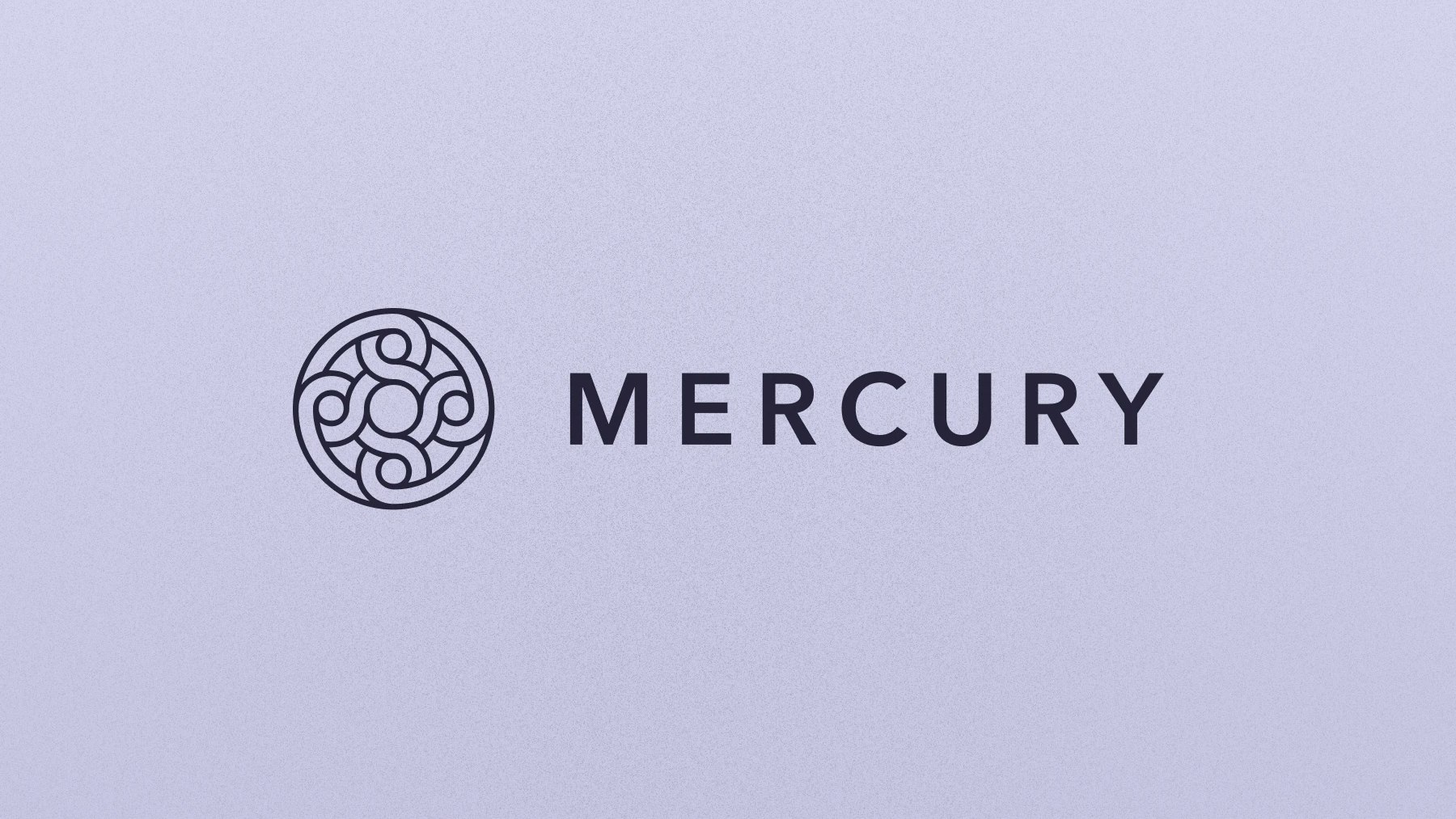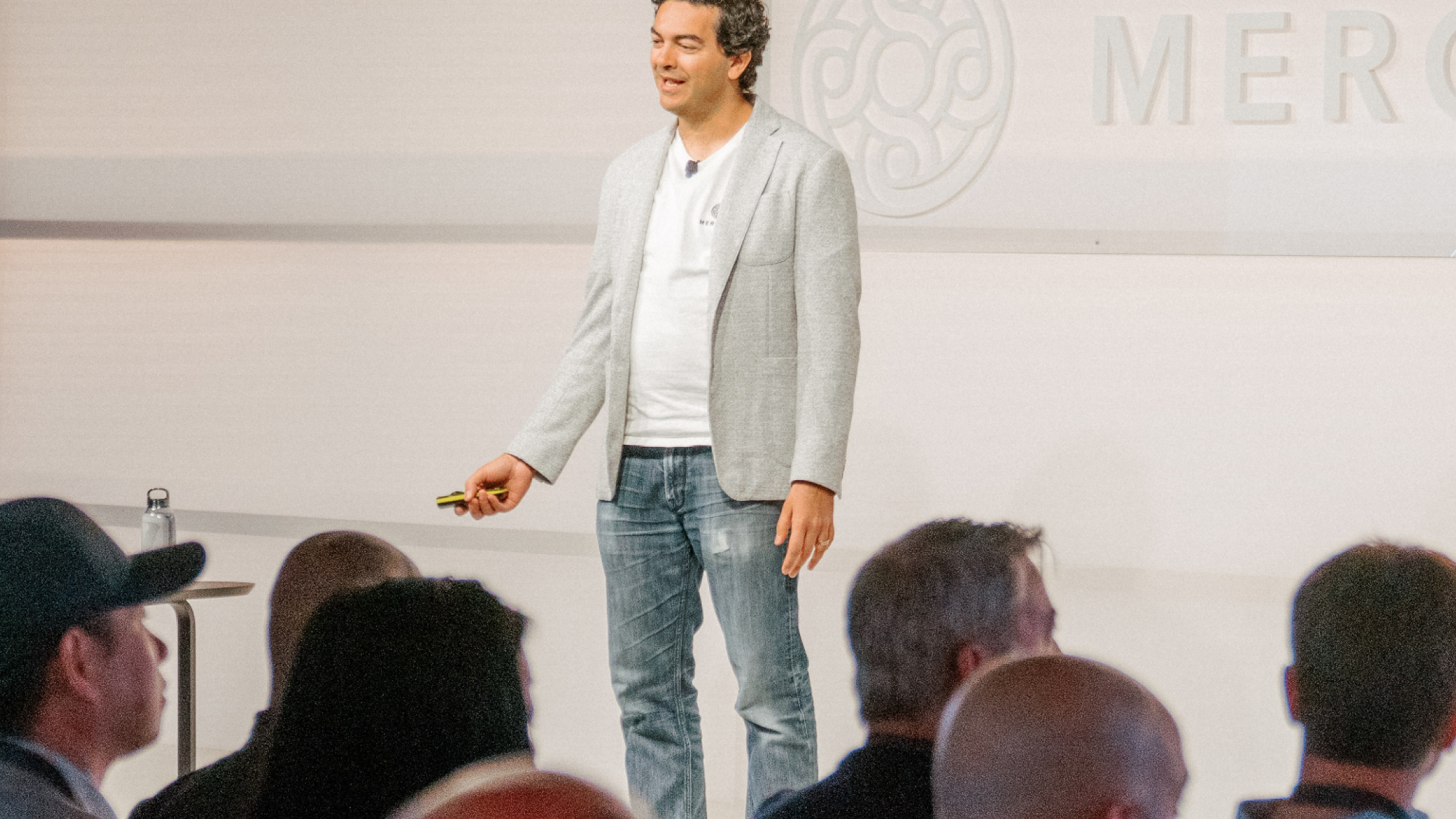What we learned about idea-stage companies from Mercury Raise First Check
Former Head of Community Programming at Mercury.
Our inaugural Mercury Raise First Check program culminated in July’s announcement that three startups would each receive $15K investments from Mercury: Emergency, GOBLAQ, and Greether. This was an exciting opportunity to diversify the ways Mercury helps startups, create a program that engages our community, and specifically help idea-stage startups without investments from VCs or angel investors. We were impressed by how many founders were committed to taking their ideas to the next stage, even amidst market uncertainty.
For us, making direct investments in these three companies and supporting all 12 of our finalists felt like a natural expansion of the Raise program. For our CEO, Immad, this idea came from his reflections on being a founder. Additionally, many Mercury employees are former founders or have spent years supporting entrepreneurs and deeply understand the challenges of getting an initial investment.
Like our applicants, we are still in the idea stage with Raise First Check. This was our first version and we plan to refine our own product-market-fit to deliver more value to idea-stage startups, drawing from both Mercury and our larger community. In the spirit of learning and growing as a company, we want to start by sharing insights from running this unique program and reviewing hundreds of diverse, very early ideas.
Application trends:
We had our work cut out for us reviewing 700+ applications to Raise First Check. While it’s hard to distill hundreds of applications into simple themes, below are a few trends that stood out.
- Founders remain interested in B2B and consumer sectors: Nearly 20% of Raise First Check companies were B2B companies, while slightly over 20% identified as “consumer” or “marketplace” businesses. Many companies were focused on secondary sales and creating marketplaces for used, resold, or specifically branded goods. Some tapped into the potential for mobile communications to engage more people in the digital economy, making it easier for businesses in Latin America or Africa to reach customers and improve the customer experience.
- Idea-stage doesn't mean unfunded. Many companies looking for their first check have gotten creative and bootstrapped, won pitch competitions, or sought grants to get to where they are. Idea-stage companies certainly always look for diverse initial funding sources, but these types of funding felt more prominent to us as we reviewed applications. This means applicants might not have raised institutional capital, but they were beyond the traditional pre-seed stage.
- Founders are building around the world, and building on industry experience: About 50% of companies said they were focusing their activities in the U.S., 15% were targeting non-U.S. markets, and the remainder were focused on both. Many founders mentioned working on their startups as side projects or becoming first-time founders after decades of industry experience.
- Companies are integrating AI and financial services: Two of the most common sectors represented in our applicant pool were financial services (13%) and AI (11%). The AI cohort leveraged technology in diverse applications, such as incorporating safety features for a better-designed dating platform or matching people to jobs and career coaching. We noticed many companies were tapping into the zeitgeist, creating tools to connect content creators with brands or linking jobseekers with temporary and remote work.
- Founders are optimistic about crypto and NFTs: Nearly 10% of applications said they were in the crypto space and NFTs were involved in many of the ideas we read. Founders were generally optimistic about the possibilities for these sectors, with some even creating online learning platforms to educate people about these new technologies.
What we learned about founder needs:
Evaluating applications and working with our finalists also confirmed what early-stage companies need right now.
- Early-stage founders need tools to identify investors that want to invest in their companies. Existing databases capture investors at the seed and Series A stages, but do not always include "first check" and pre-seed investors. We are already looking to expand our Mercury Investor Database by adding more pre-seed and idea-stage investors.
- Founders need market insight from peers and investors. Right now, founders are relying on conversations with other founders in their industries and at their stages to understand how the market is impacting valuations and round sizes. This is especially challenging for first-time founders and those working in new sectors.
- Founders need temporary and easy-to-hire contractors. Many of the companies who applied indicated that they wanted to use the $15K to invest in talent, like bringing on a contract developer or a marketing and branding expert.
We look forward to offering Raise First Check for idea-stage founders again soon. As we start planning, we are optimistic that more investors will invest in idea-stage companies as the market shifts and recalibrates. We think investors will be surprised by the progress these early, “idea-stage” companies have already made. We are also eager to refine our application process and timeline, reach more founders as well as more diverse founders, and create more resources that target early-stage needs.
Beyond Raise First Check, we will also continue to reflect on how we can be even more helpful to founders across all stages, sectors, geographies, and backgrounds. So many companies applying for a “First Check” program had unique stories for why they were raising now. We think this speaks to the myriad of ways in which we can continue to build out and target our programs — truly meeting founders where they are with what they need.
About the author
Former Head of Community Programming at Mercury.



